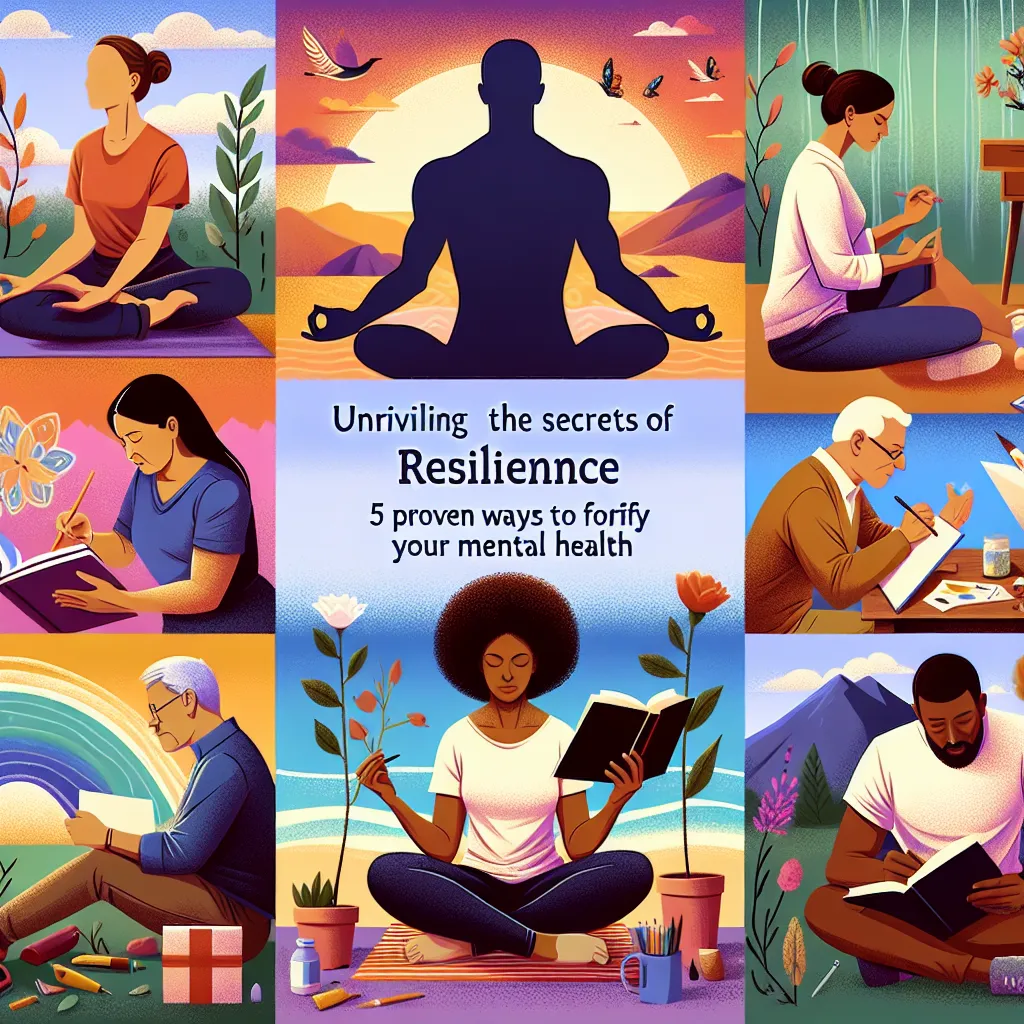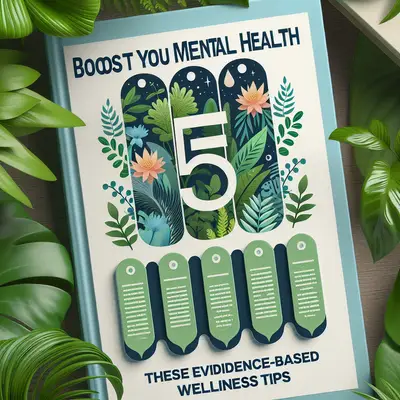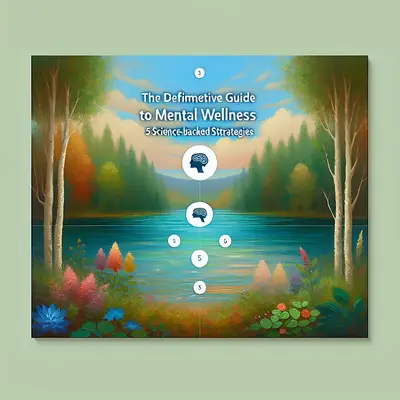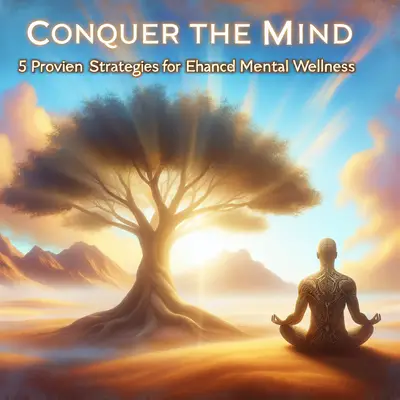Embrace Mindfulness
In recent years, mindfulness has gained recognition as a powerful tool for mental well-being. Engaging in mindful practices such as meditation, deep-breathing exercises, and yoga can significantly reduce stress and anxiety levels. A study published in the Journal of Psychiatric Research shows that mindfulness-based cognitive therapy effectively prevents depression relapse.
Regular Physical Activity
It's no secret that regular exercise benefits your physical health, but its impact on mental well-being is equally significant. According to the American Psychological Association, regular physical activity can alleviate symptoms of depression and anxiety. Whether it's a brisk walk, a gym workout, or dancing to your favorite tunes, find a physical activity that you enjoy and make it part of your routine.
Healthy Eating Habits
What you eat can greatly influence your mental health. Research in the field of 'nutritional psychiatry' has found a strong link between diet quality and mental health. Consuming a balanced diet rich in fruits, vegetables, lean protein, and whole grains can enhance your mood and energy levels.
Quality Sleep
Sleep is essential for overall health and well-being. The National Sleep Foundation states that lack of sleep can lead to mood swings, anxiety, and depression. Aim for 7-9 hours of quality sleep each night. Maintain a regular sleep schedule, create a peaceful sleeping environment, and avoid screens before bedtime to improve your sleep quality.
Maintain Social Connections
Humans are social beings, and maintaining strong relationships can positively impact mental health. The Mayo Clinic suggests that social connections can increase feelings of happiness, reduce stress, and provide support during difficult times. So, make time to meet friends, join social clubs, or volunteer in your community.
Conclusion
Your mental health is a vital component of your overall well-being. By incorporating these evidence-based strategies into your lifestyle, you can enhance your mental resilience and lead a happier, healthier life. Remember, it's okay to seek professional help if you're feeling overwhelmed. Mental health is not a destination, but a continuous journey of self-care and self-improvement.



